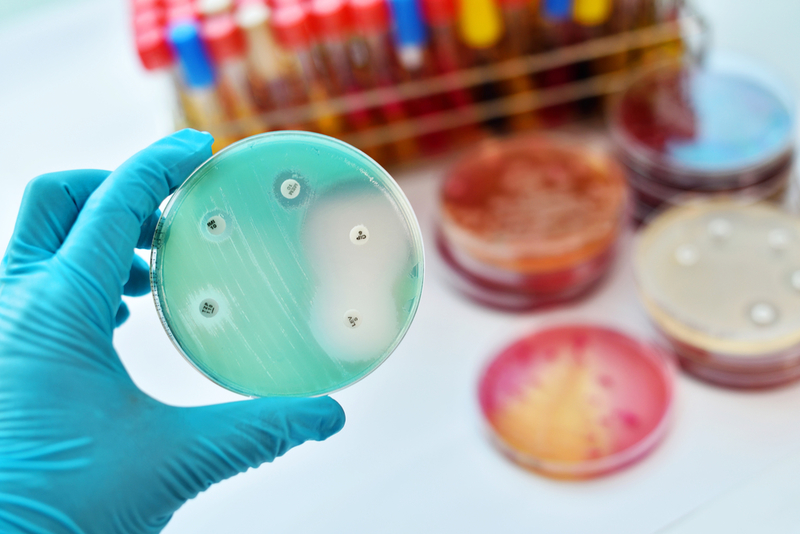Fish mucus offers potential new antibiotics
IANS Apr 02, 2019
With current antibiotics dwindling in effectiveness against multidrug-resistant pathogens, researchers have identified an untapped antibiotic candidate in the protective mucus that coats young fish.

The mucus contains bacteria with promising antibiotic activity against known pathogens-even dangerous organisms, such as the microbe that causes MRSA infections. This viscous substance protects fish from bacteria, fungi, and viruses in their environment, trapping the microbes before they can cause infections. The slime is also rich in polysaccharides and peptides known to have antibacterial activity.
"Fish mucus is really interesting because the environment the fish live in is complex," said Molly Austin, an undergraduate chemistry student at the Oregon State University.
"They are in contact with their environment all the time with many pathogenic viruses."
The researchers will be presented at the American Chemical Society (ACS) Spring 2019 National Meeting and Exposition. For the study, the mucus was swabbed from juvenile deep-sea and surface-dwelling fish caught off the Southern California coast. The team examined young fish because they have a less-developed immune system and more mucus on the outside of their scales that could contain a greater concentration of active bacteria than adult fish.
They isolated and screened 47 different strains of bacteria from the slime. Five bacterial extracts strongly inhibited methicillin-resistant S. aureus (MRSA), and three inhibited Candida albicans, a fungus pathogenic to humans. A bacteria from mucus derived from a particular Pacific pink perch showed strong activity against MRSA and against a colon carcinoma cell line.
The study could also help reduce the use of antibiotics in fish farming by leading to better antibiotics specifically targeted to the microbes clinging to certain types of fish. While novel chemical reagents have been found in the human microbiome, the marine equivalent remains relatively unstudied. It would be interesting to figure out if anything in the mucus, which protects the fish, could actually help protect humans.
-
Exclusive Write-ups & Webinars by KOLs
-
Daily Quiz by specialty
-
Paid Market Research Surveys
-
Case discussions, News & Journals' summaries